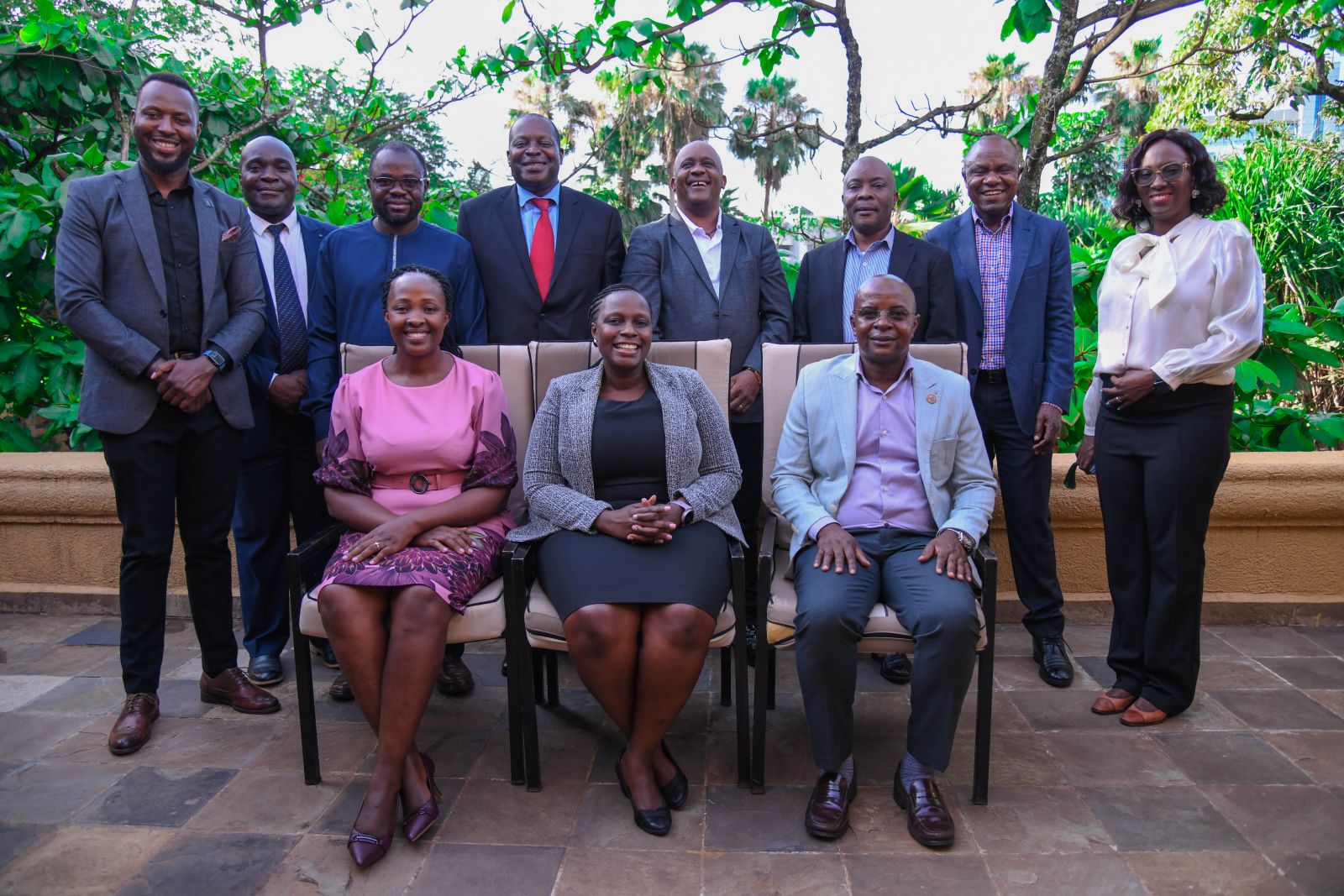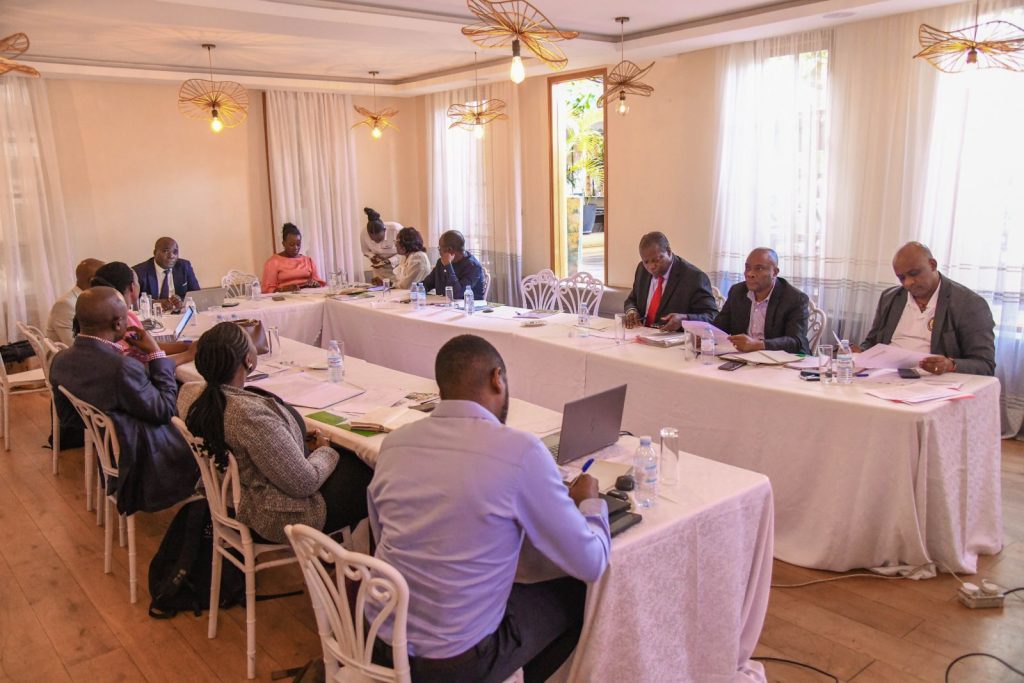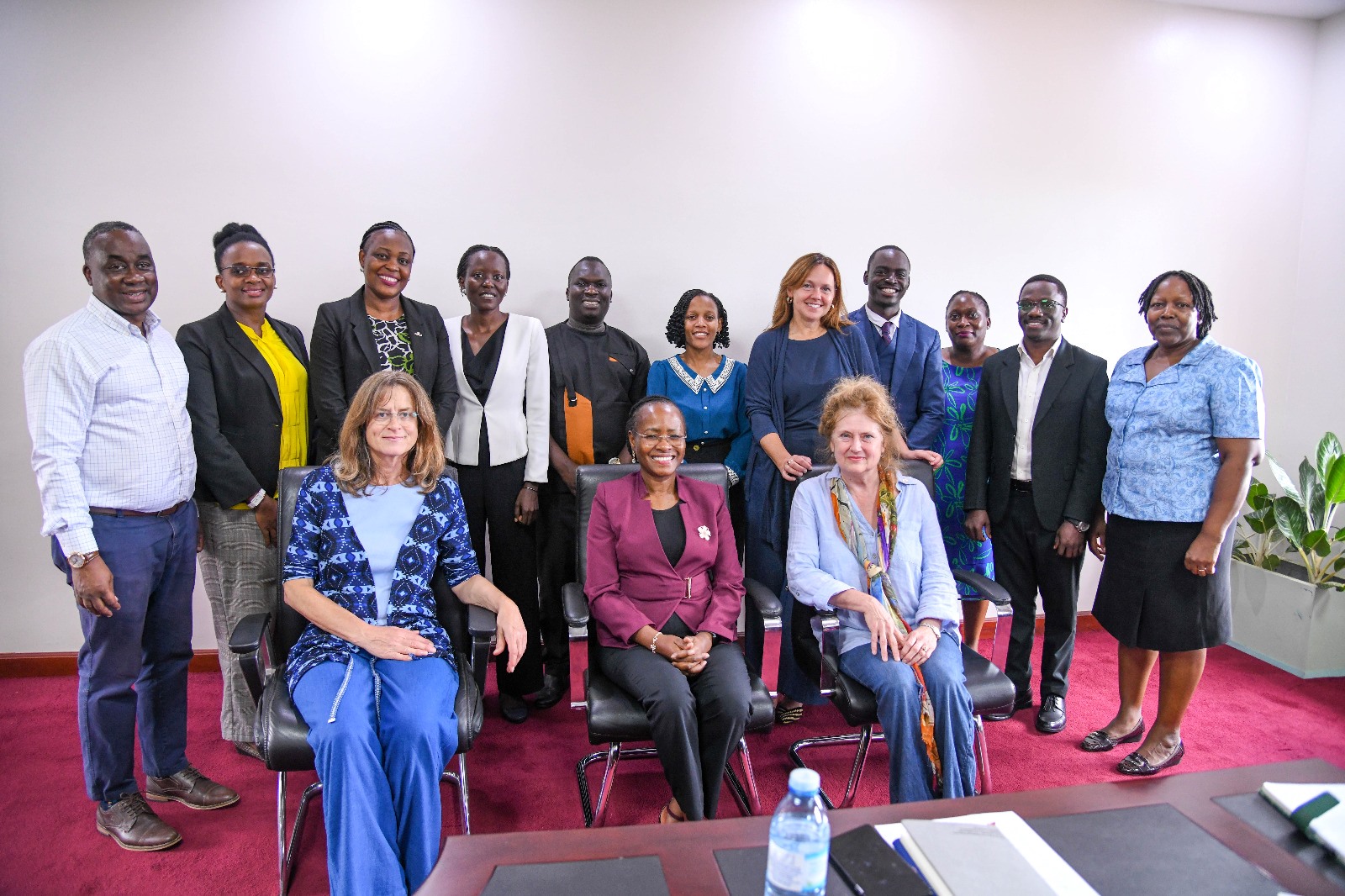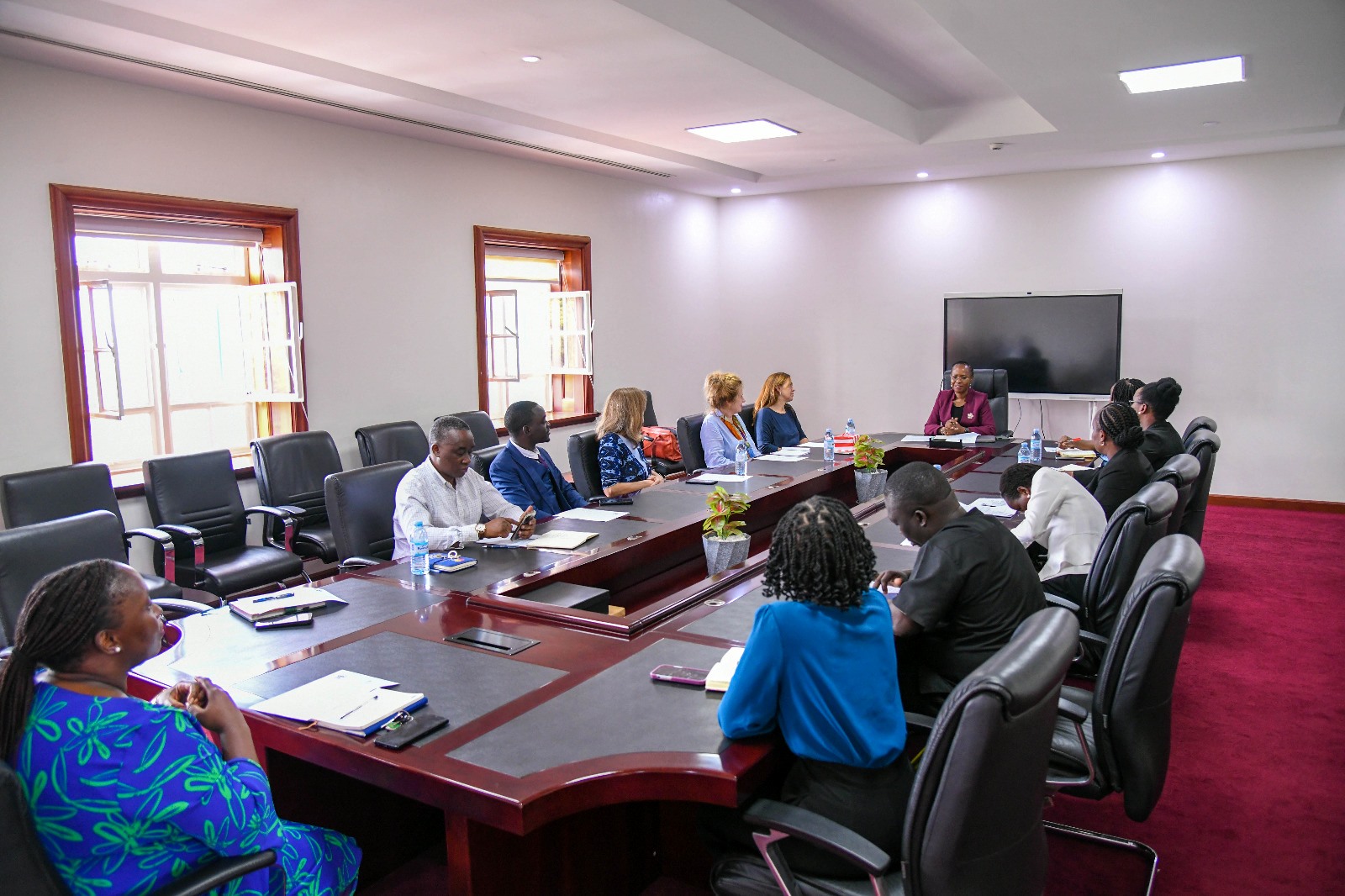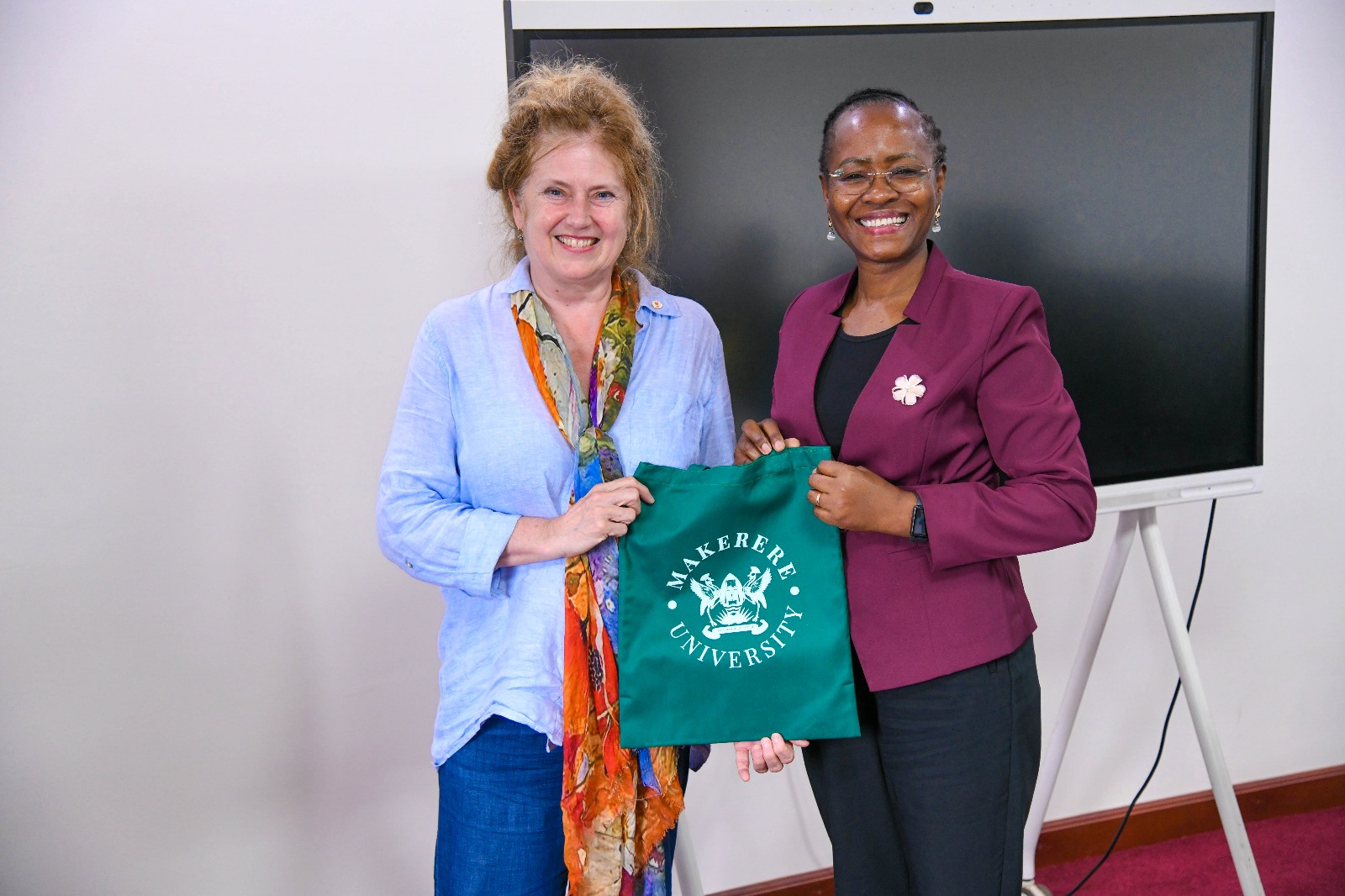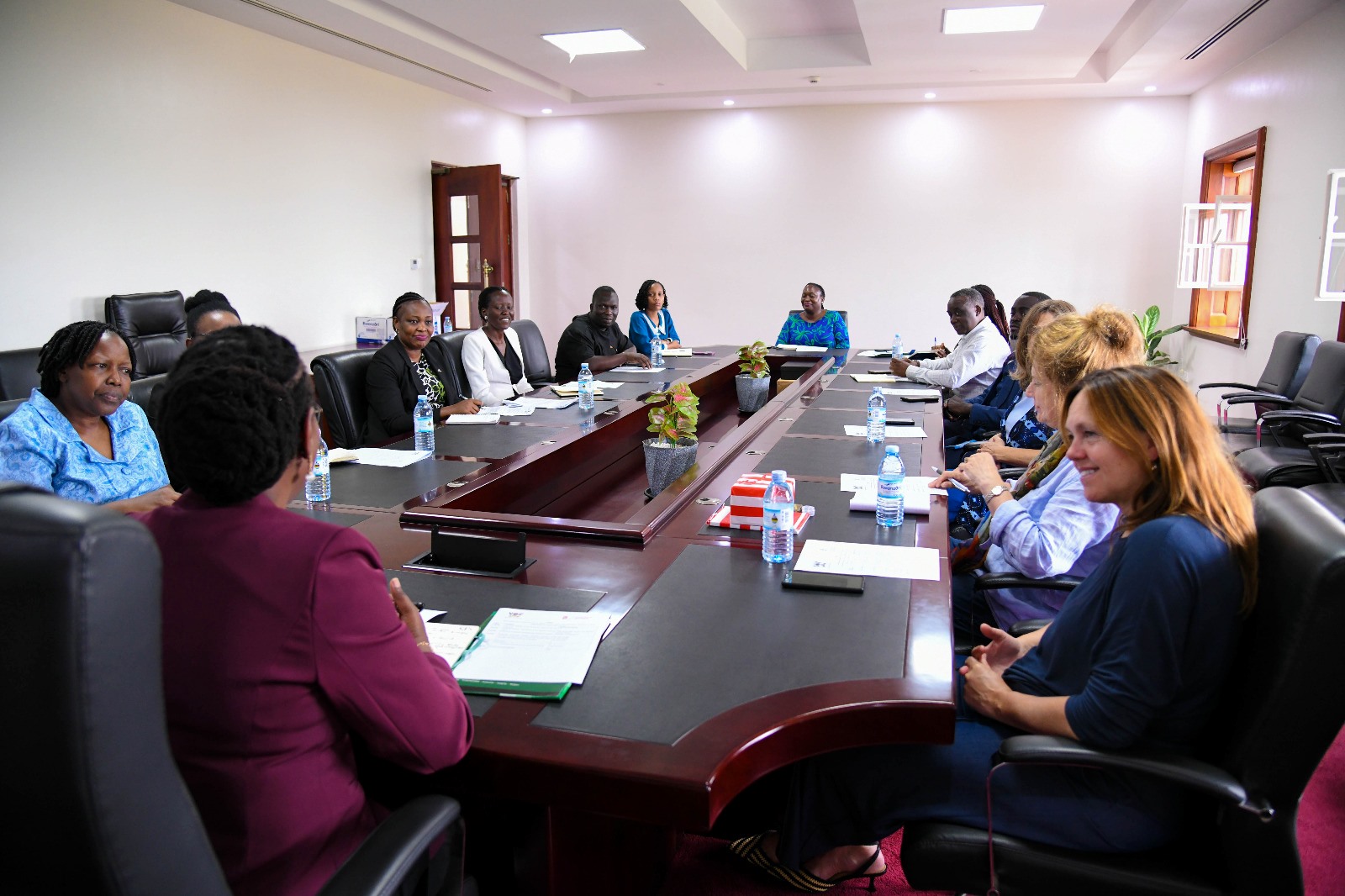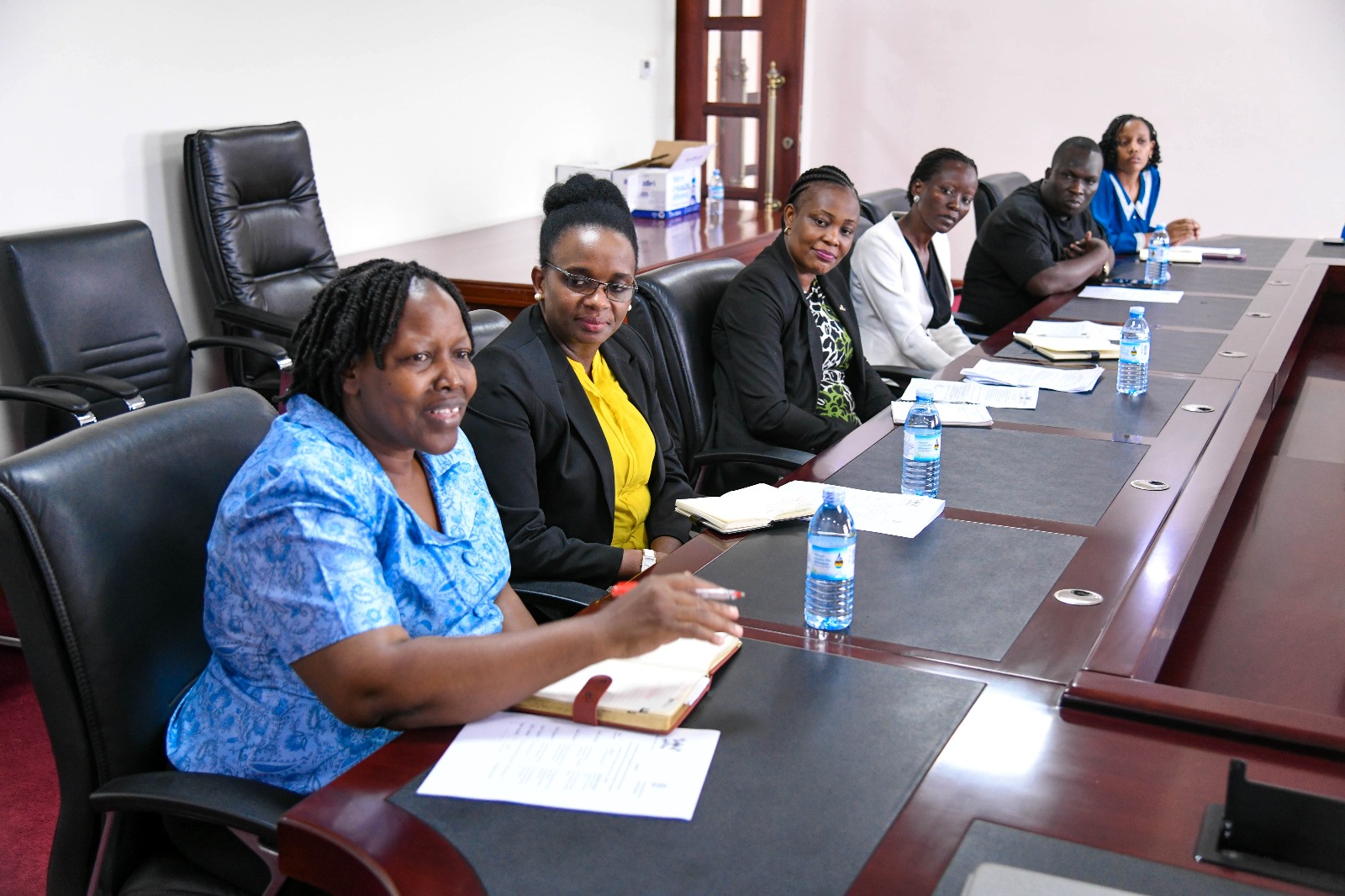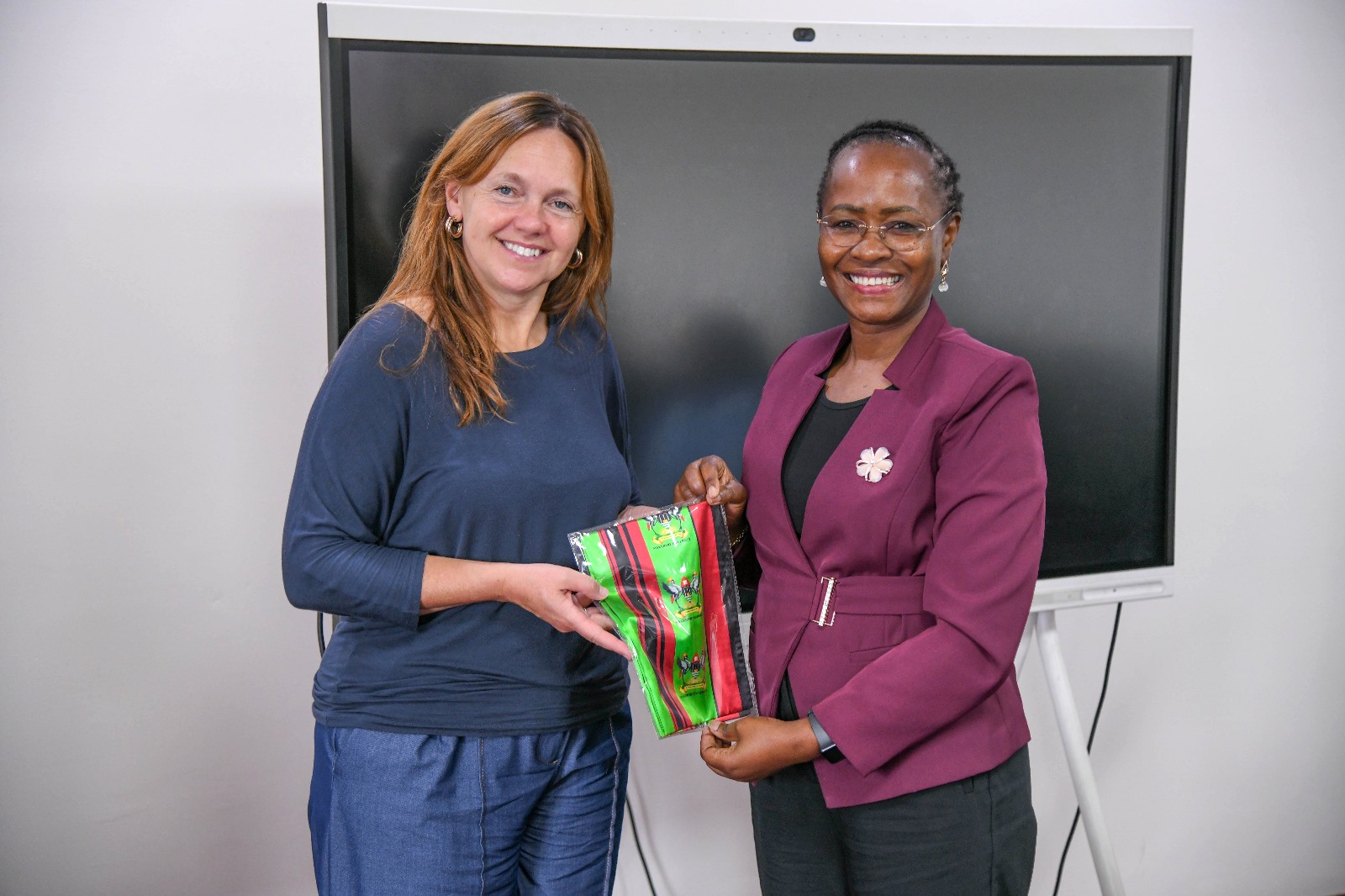“Thank you very much for welcoming me to Makerere University. I am here today as Deputy United States Trade Representative representing President Obama’s Administration on my first trip to Uganda.” Remarked Ambassador Demetrios Marantis as he kicked off his Public Lecture on U.S. – Africa Trade and Investment in the 21st Century, held at the Food Science and Technology Conference Hall on February 16th 2010.
“Thank you very much for welcoming me to Makerere University. I am here today as Deputy United States Trade Representative representing President Obama’s Administration on my first trip to Uganda.” Remarked Ambassador Demetrios Marantis as he kicked off his Public Lecture on U.S. – Africa Trade and Investment in the 21st Century, held at the Food Science and Technology Conference Hall on February 16th 2010.
He intimated that this trip was a culmination of a twenty year journey, which began while, he was researching a paper on philanthropic foundations and the development of higher education in Africa focused on Makerere University. The Ambassador could not hide his sense of fulfillment at finally visiting this center of excellence, which groomed many African leaders like Presidents Mwai Kibaki and Joseph Kabila including former President Mwalimu Julius Nyerere. However, he could not help but reveal that his mind was full of questions about the future of trade and investment between Africa and the United States, which formed the basis of his trip.
Talking about the opportunities created by the African Growth and Opportunity Act (AGOA) , Ambassador Marantis couldn’t help but notice that over the last eight years, U.S.-sub-Saharan African trade had more than doubled, a feat he hoped would improve even further with the establishment a regional American trade competitiveness hub in Nairobi ; funded by USAID, where Ugandans can receive AGOA-related training and technical assistance.
 Referring to the challenges faced in the past, especially the global economic crisis, the Ambassador offered his assurance “I am committed to working with you to get things right. Together we can find the right economic policies, the right trade policies, and the right solutions for Uganda’s and America’s mutual prosperity.” He also mentioned his participation in the first-ever council meeting under the U.S.-East African Community (EAC) Trade and Investment Framework Agreement (TIFA) the previous day, which he hoped would deepen U.S. economic engagement and cooperation with Uganda and the other four members of the EAC.
Referring to the challenges faced in the past, especially the global economic crisis, the Ambassador offered his assurance “I am committed to working with you to get things right. Together we can find the right economic policies, the right trade policies, and the right solutions for Uganda’s and America’s mutual prosperity.” He also mentioned his participation in the first-ever council meeting under the U.S.-East African Community (EAC) Trade and Investment Framework Agreement (TIFA) the previous day, which he hoped would deepen U.S. economic engagement and cooperation with Uganda and the other four members of the EAC.
After His Excellency’s remarks, Prof. Ddumba-Ssentamu, who chaired the Question and answer session thanked the Ambassador for his commitment to putting in place policies that would foster development, and reiterated that indeed, Trade and Investment were the way forward for Africa and Uganda in particular in as far as achieving economic growth was concerned.
Reacting to questions about the American Government continuing to offer subsidies to its farmers while on the other hand promoting AGOA and doing nothing tangible to help Uganda farmers actually diversify their exports, Ambassador Marantis admitted that AGOA had indeed registered as many challenges as it had successes. He acknowledged that one of these was the competitiveness of African products versus those from Asia, which have a lower cost of production and transportation. However, he emphasized that AGOA is only one such initiative of the American Government, with others aimed at different sectors like Transportation and Health.
With Uganda’s diversity of wildlife and unique climate in mind, a student from the Faculty of Economics and Management wanted to know what policies were in place to help Uganda profit from tourism. In response Ambassador Marantis revealed that he had only learnt that Uganda had unique tourist activities like gorilla trekking , mountain climbing and white water rafting after visiting for the first time. As such, he stressed that Uganda as a country needs to a better job of marketing itself on the tourism front so as to fully exploit this almost untapped sector.
A discussant who admitted to not hearing a lot about investment from the Ambassador’s talk was curious as to how the U.S. trade and investment strategy would eventually map out. The Ambassador used this opportunity to stress the goal of the TIFA, which was to enable Investors in the U.S. become aware of trade and investment opportunities, while at the same time helping its EAC counterparts to learn of American opportunities. He however noted that this was also based on the African countries creating an overall climate that is friendly to trade. He cited the example of the US-Rwanda Bilateral Investment Treaty (BIT) , signed in 2008 after favorable conditions of investment had been put in place by the Rwandan Administration.
The session got livelier, with the Ambassador appreciating the brilliance of the audience as he was often awed by the Students’ comments and questions. He however, urged the students to exploit the opportunities offered by Makerere University so that they could provide the much needed capacity in terms of policy making and implementation. He also counseled that it was not up to the U.S. to decide Africa’s path. He opined that Africa needed to identify its potential strengths, prioritize them, and exploit them fully so as to benefit from opportunities like AGOA. He discouraged the concept of “protectionalism” noting that countries like Vietnam were only able to experience exponential growth, after opening up their economies fully, and providing a conducive environment for investment. When put to task as to why American researchers and companies went ahead to patent those products manufactured as a result research done in Africa, which made accessing them expensive eventually, the Ambassador had to admit that whereas it was a delicate issue to deal with, there had been gradual progress made at striking a balance between not patenting so that that the eventual products are cheaper and patenting so that research-based companies and organizations might benefit from their investments.
Prof Ikoja-Odongo, who represented the Acting Vice-Chancellor Prof. Venansius Baryamureeba , thanked Ambassador Demetrios Marantis for delivering his inaugural lecture at Makerere and admitted that though it was a lively debate, the Ambassador was more at the receiving end of questions that should have been directed at Ugandan policy and decision makers. He concluded the lecture by encouraging the students to take on the Ambassadors challenge and become the much-needed professionals that they demand of this country. “Empowerment should enable you to go back to your community and put into practice what you learnt for the benefit the people” he said.
Click here to for full lecture document
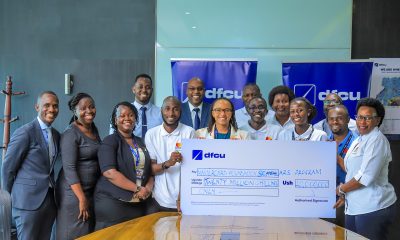
 General2 weeks ago
General2 weeks ago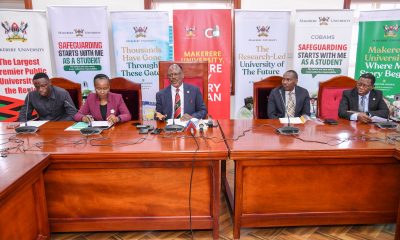
 General1 week ago
General1 week ago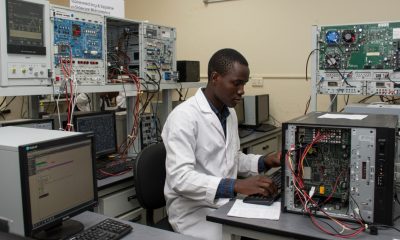
 Computing & IS1 week ago
Computing & IS1 week ago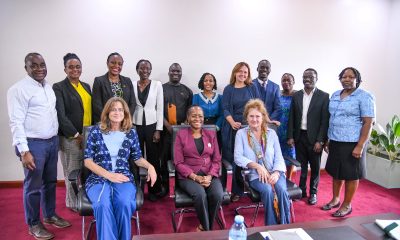
 General7 days ago
General7 days ago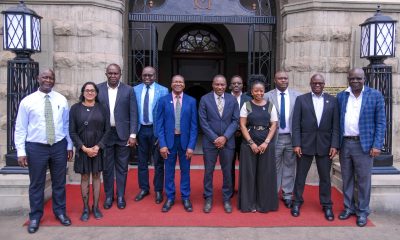
 General1 week ago
General1 week ago

